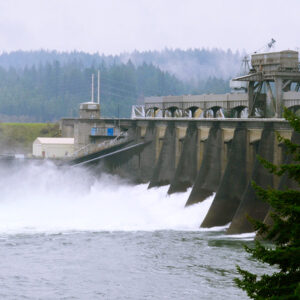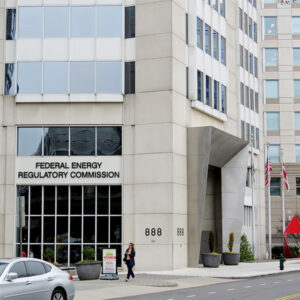The senators representing Oregon and Washington urged the agency to delay its decision to join a Western day-ahead electricity market until developments play out further around SPP’s Markets+ and CAISO’s EDAM.
The ongoing debate around Order 1920 and its pending rehearing requests continued at FERC’s monthly open meeting, a day after it came up at a House oversight hearing.
FERC ruled that New Brunswick Energy Marketing does not appear to have horizontal market power in the New Brunswick balancing authority area, concluding a Section 206 proceeding that came out of a failed market share screening test.
FERC approved NYISO’s proposed tariff revisions to more accurately accredit natural gas resources’ capacity, but the commission delayed their implementation until 2026.
NERC CEO Jim Robb discussed several emerging challenges to the grid at the WIRES Summer Meeting in Boston.
CAISO will recommend its board approve a proposal to eventually give the WEM Governing Body increased authority over both the Western EIM and EDAM.
NV Energy's virtual power plant market potential could grow from an estimated 134 MW this year to 1,230 MW in 2035, according to a new analysis.
The Rhodium Group’s annual update of its "Taking Stock" report finds that U.S. GHG emissions were 18% lower in 2023 than in 2005 and estimates they will be 32 to 43% lower in 2030.
MISO plans to pursue a more straightforward, 50% peak load megawatt cap to limit the number of generator interconnection requests it will accept annually.
CenterPoint Energy executives appeared before Texas regulators to apologize for the company’s slow restoration following Hurricane Beryl’s landfall and promised to do better next time.









